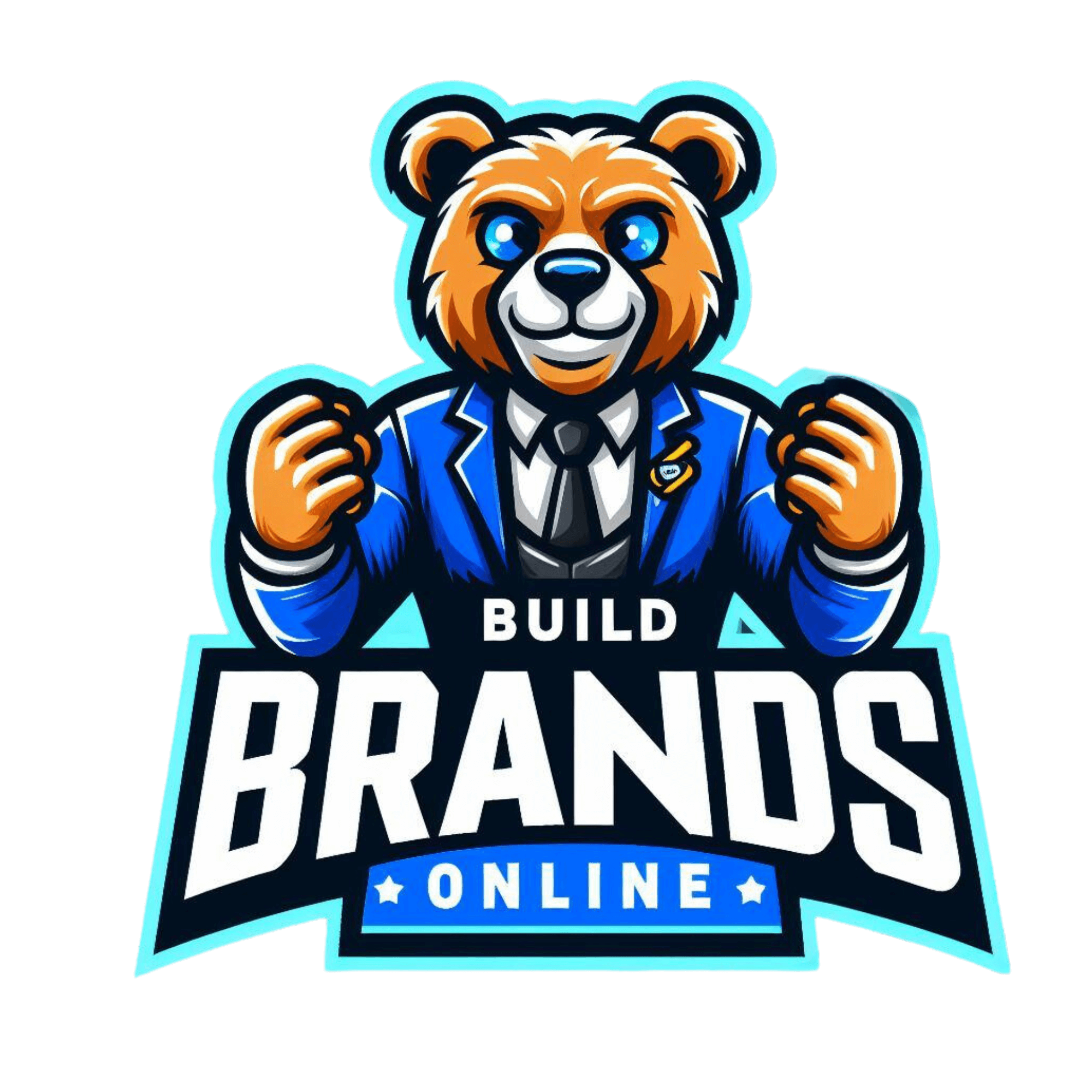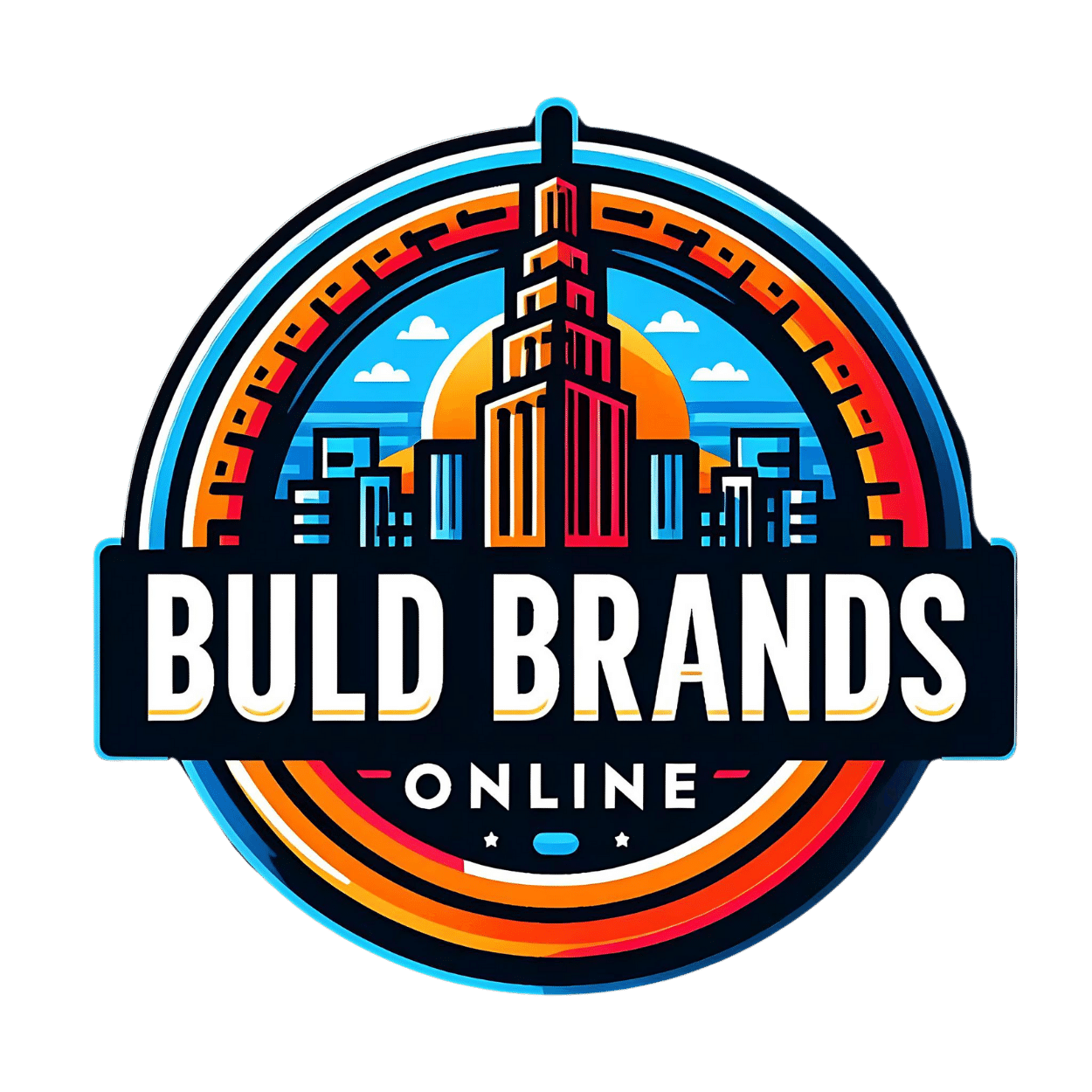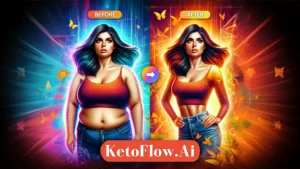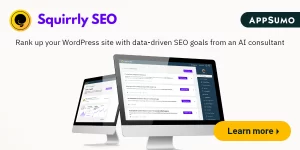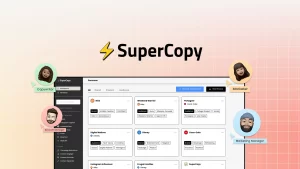Disclaimer: I strongly believe in transparency. If you buy using the links on our site, we may earn a small commission without any extra cost to you. This helps me to keep producing honest reviews. Read more
Learning to code is an increasingly valuable skill in today’s digital world. Whether you are a beginner or someone with no prior coding experience, understanding the basics of programming can open up a world of opportunities. With the Hello Coding step-by-step guide, you can dive into the world of coding with ease and confidence, no matter what your background is.
Introduction to Coding
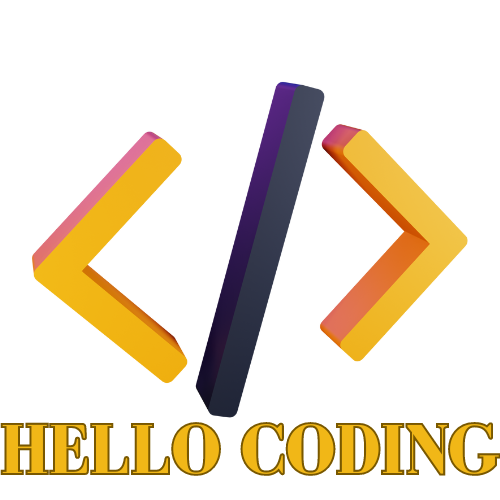
Coding, also known as programming, involves writing instructions for computers to perform specific tasks. It’s essentially the process of creating software, websites, and mobile applications that we interact with on a daily basis. For beginners, learning to code offers a gateway to the world of technology, allowing them to build their own projects and understand the inner workings of the digital world.
The Importance of Learning to Code for Beginners
Learning to code is crucial for beginners as it helps them develop problem-solving skills, logical thinking, and creativity. These skills are not only beneficial for a career in computer science or web development, but they can also be applied to various other fields and everyday life. Additionally, coding empowers beginners to create innovative solutions and effectively express their ideas through technology.
Benefits of Learning to Code
Embracing coding for beginners comes with numerous benefits, such as the ability to create custom websites, apps, and software. Understanding programming languages like HTML, CSS, Python, and JavaScript provides the foundation for building a career as a web developer or software engineer. Furthermore, learning to code can lead to exciting opportunities in fields like machine learning, data science, and computer programming.
How to Start Coding for Beginners
For beginners, starting the journey of learning how to code can be intimidating, but with the right resources and approach, it becomes an achievable goal. Hello Coding for beginners offers a variety of tutorials, online courses, and coding challenges catering to beginners’ needs. By taking advantage of these step-by-step resources, anyone can learn the basics of coding and progress their skills at their own pace, regardless of their previous coding experience.
Popular Programming Languages for Beginners
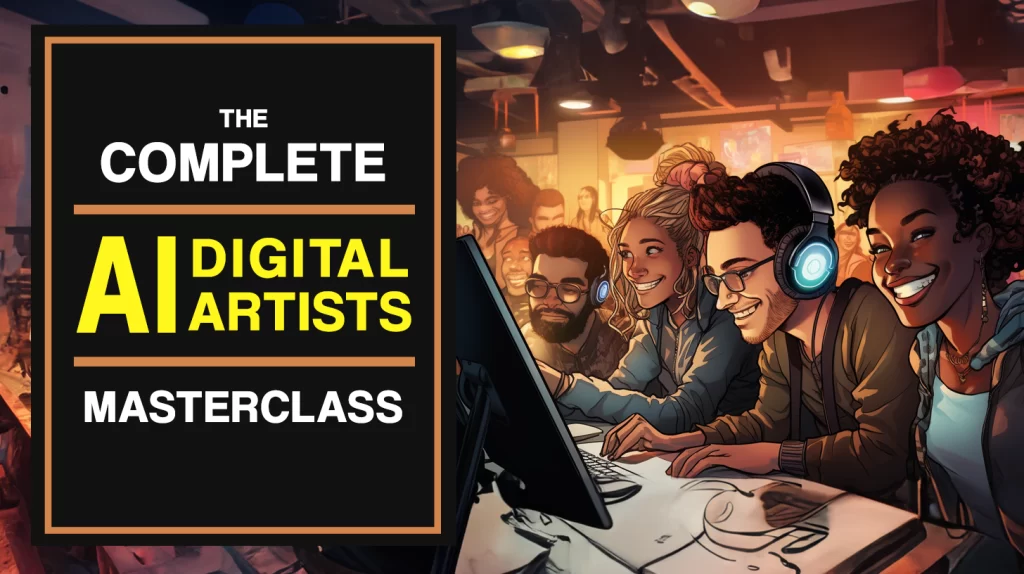
When it comes to learning to code for beginners, it’s important to start with the right programming languages. One of the most fundamental aspects of web development is understanding HTML and CSS. These languages are the building blocks of any website and are essential for creating visually appealing and functional web pages. By mastering HTML and CSS, beginners can lay a strong foundation for their coding journey.
Python is another popular choice for beginners due to its simple syntax and versatility. It is a great language for beginners to start coding and develop their problem-solving skills. Python is widely used in various fields, including web development, data analysis, and artificial intelligence.
JavaScript is an essential programming language for web development. It enables the creation of interactive and dynamic websites, making it a crucial language to learn for anyone interested in coding for the web. Understanding JavaScript basics allows beginners to add functionality to their websites and create engaging user experiences.
Step-by-Step Learning Process
Creating Your First Website: HTML and CSS Tutorial – This tutorial provides a step-by-step guide for beginners to create their first website using HTML and CSS. It covers the basics of structuring a webpage, styling elements, and creating a responsive design. By following this tutorial, beginners can gain practical experience in web development and apply their knowledge in real projects.
Building Simple Programs in Python – This step-by-step guide introduces beginners to the fundamentals of Python programming. It covers topics such as data types, control structures, and functions. By building simple programs, beginners can understand the logic and syntax of Python, laying a solid foundation for their coding journey.
Interactive Web Development with JavaScript – This tutorial focuses on teaching beginners the essential concepts of JavaScript for web development. It includes interactive exercises and practical examples to help beginners grasp the core concepts of JavaScript and integrate them into their web development projects.
When it comes to learning to code for beginners, having access to free resources and courses can be incredibly beneficial. There are various avenues for exploring coding resources and tutorials, such as online platforms, coding communities, and educational websites. These resources often provide comprehensive tutorials, interactive exercises, and video tutorials, which enable beginners to grasp the fundamental concepts of coding and programming languages.
Coursera, a leading online learning platform, offers an array of programming courses for beginners. These courses cover a wide range of topics, including HTML and CSS, Python, JavaScript, Java, and more. Learners can benefit from free courses, video tutorials, and coding challenges to gain practical experience and enhance their coding skills. Coursera’s platform provides a structured learning environment, making it easier for beginners to start their coding journey.
An effective way for beginners to master coding is by utilizing both online and offline examples. It’s essential to practice coding using real-world examples, as it allows beginners to understand how to apply their coding knowledge in practical scenarios. By exploring online examples such as coding projects, interactive exercises, and coding challenges, beginners can solidify their understanding and build confidence in their coding capabilities.
Advanced Learning and Specializations
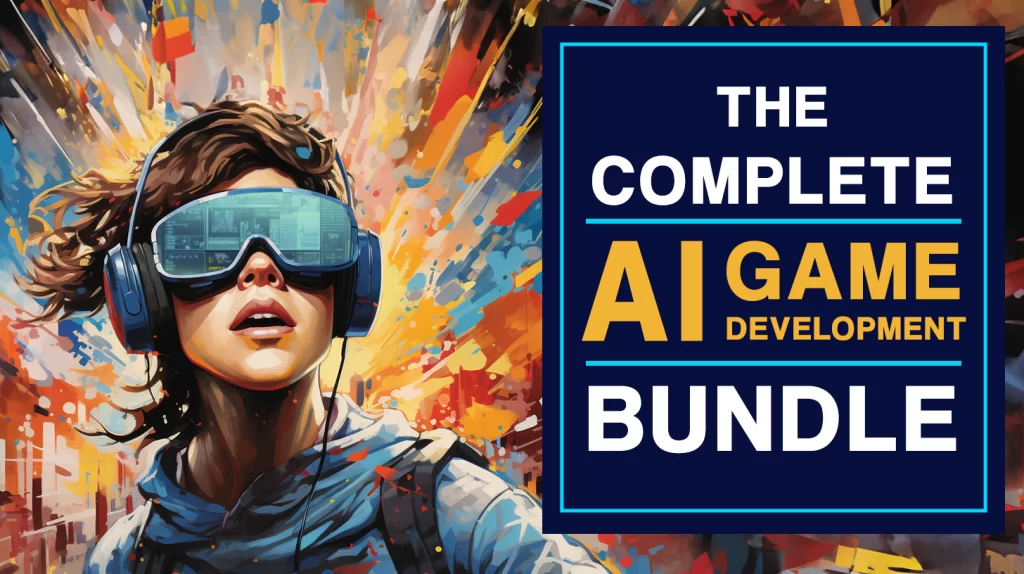
For those looking to advance their coding skills, delving into machine learning and computer science basics can be a rewarding pursuit. Understanding the principles of machine learning and the fundamentals of computer science opens up exciting opportunities in fields such as artificial intelligence, data analysis, and software development. Beginners can explore online resources and tutorials to gain insights into these advanced topics and expand their coding expertise.
Exploring popular programming languages and their applications is crucial for beginners seeking to advance their coding knowledge. Learning about languages like Python, JavaScript, Java, and others provides an invaluable foundation for aspiring programmers and web developers. By understanding the applications and syntax of these languages, beginners can broaden their skill set and prepare for specialized career paths within the tech industry.
Incorporating best coding practices and design patterns is essential for beginners to develop a strong coding foundation. By understanding coding best practices, beginners can write efficient, maintainable code and adhere to industry standards. Learning about design patterns enables beginners to implement scalable and robust solutions, enhancing their problem-solving skills and preparing them for complex coding challenges.
Where Can You Find Free Coding Courses and Resources?
Are you eager to learn programming for free? Look no further! There are countless online coding courses and resources available for anyone looking to expand their coding experience. Whether you are a complete beginner or just looking to brush up on your skills, there are coding classes that make it easy to learn the basics. With the accessibility of online resources, anyone can learn to code from the comfort of their own home. Learning to code is not only a great way to expand your skill set, but it also opens up a world of opportunities in the tech industry. So, don’t wait any longer – start exploring the world of hello coding for beginners today!
Exploring Free Coding Courses and Certifications
Are you ready to learn coding and take your programming skills to the next level? There are plenty of free coding courses and certifications available online that can provide you with everything you need to start learning a new coding language. From Python to Java to HTML and beyond, there’s a course out there for you. The best way to learn is by diving right in and getting hands-on experience with real coding projects. These courses will teach you the essential programming concepts and give you the tools to become a coding expert. So why wait? Start exploring the world of free coding courses and certifications today and take the next step in advancing your coding skills.
Accessing Coding Resources for Beginners
If you’re a beginner looking to learn coding and web development, there are great resources out there to help you get started. Accessing coding tutorials is a great way to learn coding for beginners and put everything you learn into practice. Whether you’re interested in creating websites, apps, or software, there are plenty of resources available to help you master the skills you need. From step-by-step tutorials to interactive coding platforms, there’s a way to learn coding that’s right for you. Take advantage of these resources and start your coding journey today. With dedication and persistence, you can turn your interest in coding into a valuable skill set for the future.
How Can Anyone Learn Coding for Free and Start a Career in Programming?
If you’ve ever dreamed of starting a career in programming but felt held back by the cost of courses, fear not! There are tons of free resources available online to help you learn coding for free and kickstart your programming journey.
From online coding schools to easy-to-read and understand tutorials, you can find everything you need to learn the language of code without spending a dime. With these resources, you can even learn how to make video games and other exciting applications. Whether you’re a complete beginner or have some coding experience, these free resources cater to all skill levels. And the best part? You can learn at your own pace, on your own time, all for free. So why delay your dreams any longer? Start your coding journey today and pave the way for a rewarding career in programming, without paying a cent for those expensive paid courses.
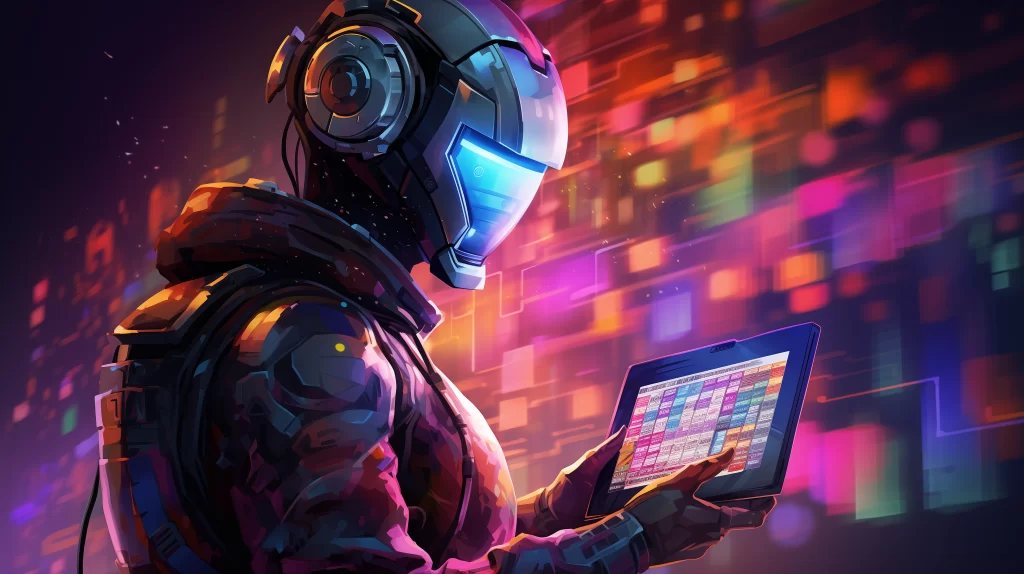
Introduction to Computer Science and Coding Basics
Computer Science is the study of computers and the algorithms that enable them to function. It encompasses a wide range of topics, including hardware, software, networking, and programming. Coding, on the other hand, is the practice of writing instructions for computers in a programming language. It is one of the core skills in computer science, and it allows developers to create software and applications that can perform specific tasks.
In this introduction to computer science and coding basics, we will cover some fundamental concepts and skills that are essential for anyone interested in the field. We will discuss the basics of programming languages, algorithms, data structures, and problem-solving techniques. Additionally, we will explore the different career paths and opportunities available in the field of computer science.
By the end of this introduction, you will have a better understanding of the role of computer science in modern society and the foundational concepts and skills that are necessary for success in the field. Whether you are just starting out or looking to advance your knowledge, this introduction will provide you with a solid foundation to build upon in your journey through the world of computer science and coding.
The “Hello Coding 5.0 – The Complete Coding Online Course Bundle” from Mammoth Interactive comprises the following streams
The “Hello Coding 5.0 – The Complete Coding Online Course Bundle” offered by Mammoth Interactive covers a comprehensive range of topics across seven distinct streams. Each stream focuses on a specific area of technology and coding, providing a detailed curriculum tailored to that domain. Here is an overview of the basic structure of each course in the bundle:
Web Development (80 Hours):
Topics Covered: Frontend web development (HTML, CSS, JavaScript, React, React Native, Bootstrap, Vue, EJS, Material-UI, ChartJS), WordPress development, and backend web development (MERN stack, Node.js, Express, MongoDB, API development, Linux and Unix Command Line, Web Deployment).
Python Programming (40 Hours):
Topics Covered: Coding introduction (Python for beginners, PyCharm), Python Data Science (Pandas, Matplotlib, NumPy, Data Mining), Building Python databases (Python SQL, Google BigQuery), Python for Crypto (Crypto stock analysis, trading strategies, Web3 automation), Python Web Development (Flask).
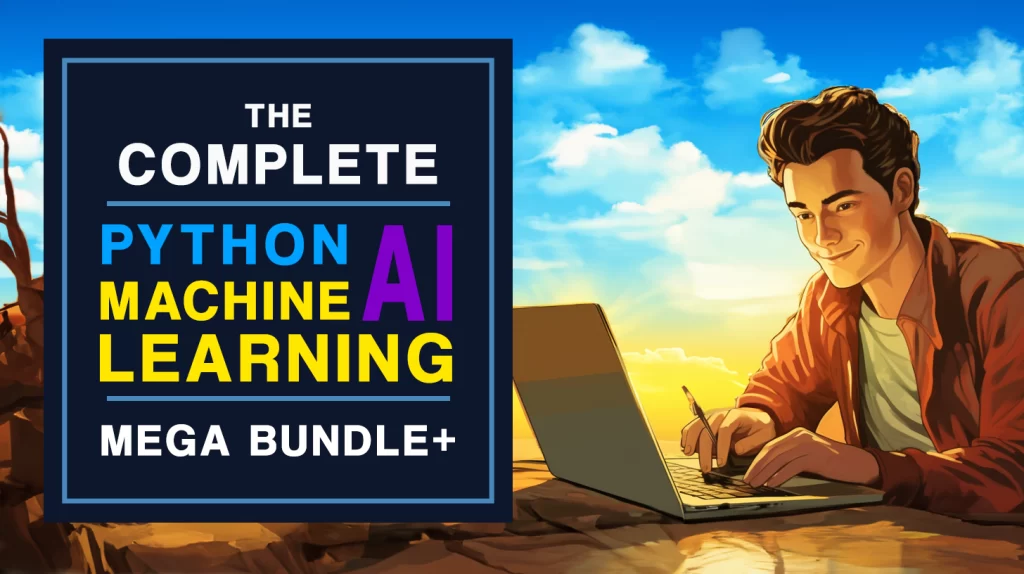
Android / iOS Mobile Development (55 Hours):
Topics Covered: App design (Figma UI and UX Design, Adobe XD, Sketch), building Android apps (Android Studio, Kotlin, Google Material Design, Google Assistant Automation), building iOS apps (Swift, SwiftUI, Xcode, HomeKit, ARKit), cross-platform app development (Flutter and Dart).
Machine Learning (55 Hours):
Topics Covered: ML and AI introduction, building first projects in ML, certification preparation (Google Cloud, Microsoft Azure), building viral projects (Neural Network Projects, Deep Learning, OpenCV), ML for web developers (Tensorflow JS), ML for app developers (Tensor Flow Lite, CoreML).
Blockchain / Web3 (60 Hours):
Topics Covered: Blockchain programming (Ethereum Blockchain, Solidity), Cardano development (Marlowe Haskell, Plutus, Cardano Blockchain), Ethereum dApp development (Truffle, React, JavaScript, NFT development), building dApps on other blockchains (Solana, XRPL, Decentraland, NEAR).
Game Development (30 Hours):
Topics Covered: Introduction to game development (Unity, Godot, JavaScript 3D with Babylon JS), building games in Unreal Engine (Unreal 5 with Blueprints, Multiplayer Games, VR, AR, C++ Development, Procedural Generation, Character Animation), blockchain game development (Blockchain transactions, NFT game development).
Interview Prep (50 Hours):
Topics Covered: Preparation for coding interviews, studying real-world questions, practicing coding questions, various interview questions (React, backend development, algorithms and data structures, JavaScript, Python, SQL, Swift & iOS, C++ and C#, machine learning, math with JavaScript).
Each stream is designed to provide a thorough understanding of its respective field, preparing learners for a range of roles in the tech industry.
Hello Coding 5.0 FAQ’s
The “Hello Coding 5.0 – The Complete Coding Online Course Bundle” from Mammoth Interactive offers a comprehensive learning experience, primarily through video tutorials. Here are some frequently asked questions and their answers:
Q How to Obtain a Certificate:
Participants receive a certificate for each course only after completing all its lectures. These certifications can be shared on platforms like LinkedIn, alongside project portfolios developed during the course.
Q Content Format:
The course predominantly comprises video tutorials, including step-by-step screencasts of practical projects. Additionally, it provides PDFs and all source files necessary for learning.
Q Course Requirements:
The course has varying requirements depending on the specific module. Generally, an internet connection is needed to watch lectures, and the Teachable mobile iOS app allows for downloading lectures for offline access.
For web development sections involving HTML, CSS, and JavaScript, free online code editors like JSitor or offline code editors such as Visual Studio Code, VSCodium, or Atom are recommended.
Frontend web development sections using technologies like Vue.js, EJS, and React.js require a free account with Replit or a similar offline code editor.
WordPress sections necessitate a free WordPress account. Additionally, Windows users need WampServer, and Mac users require MAMP for certain functionalities
